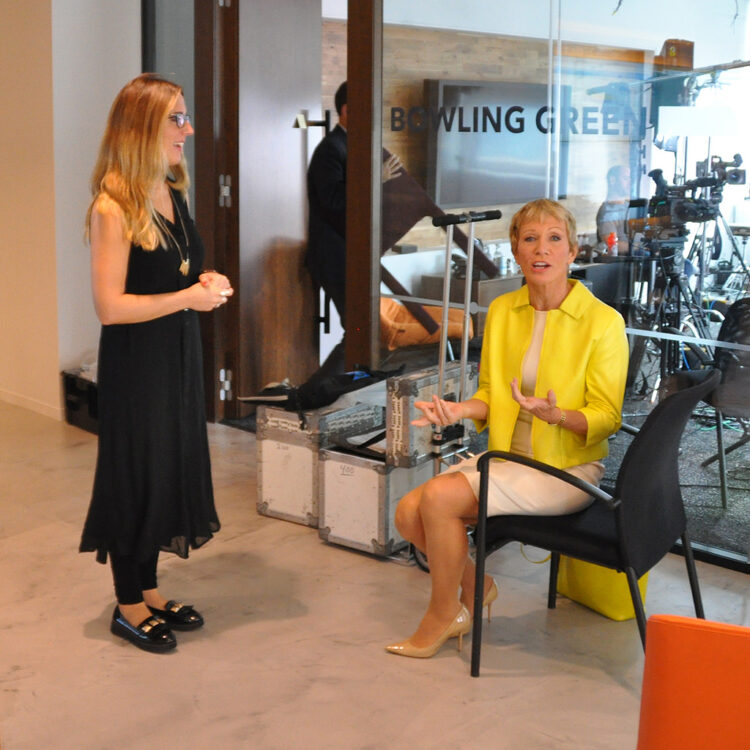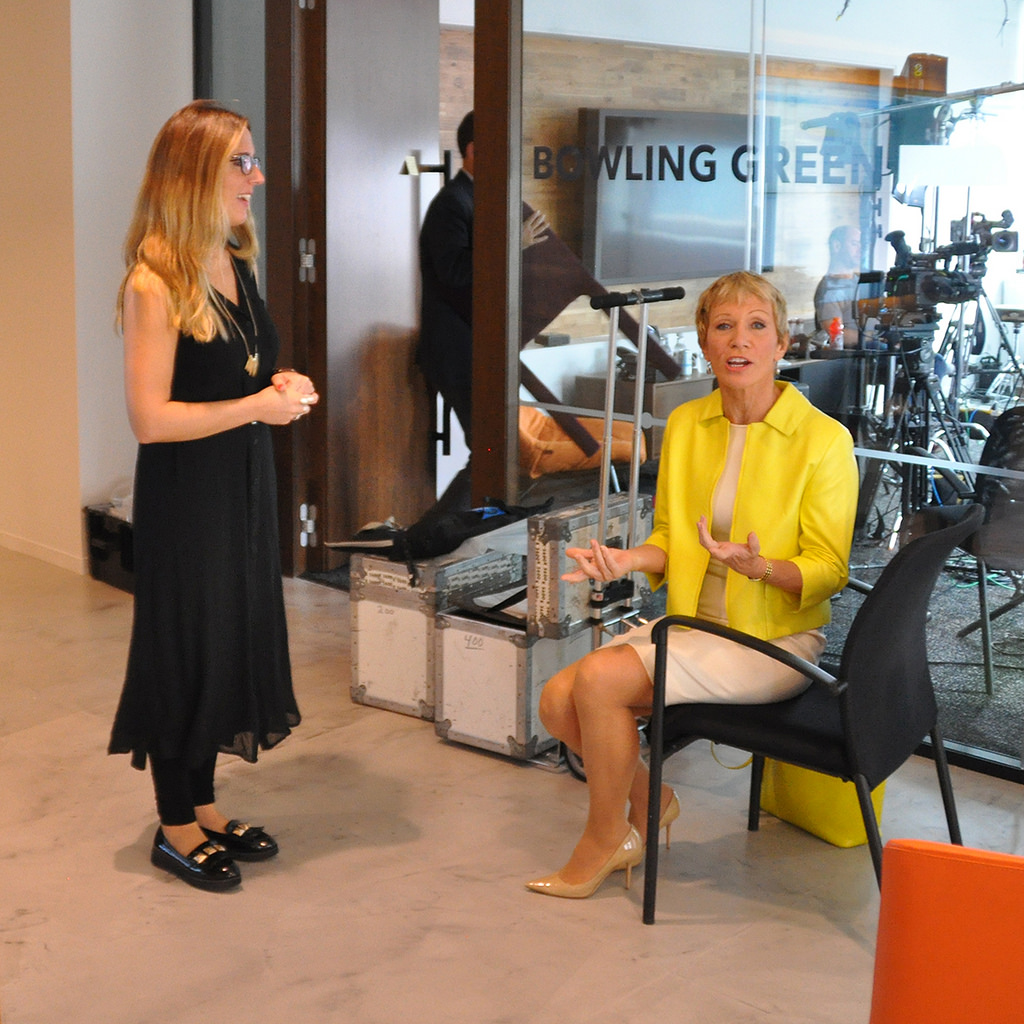Despite her $80 million net worth and tremendous success as a businesswoman and TV personality, “Shark Tank” star Barbara Corcoran is no stranger to failure. She received straight D’s throughout her academic career and held 20 different jobs by the time she turned 23. But that all began to change in 1973 when she co-founded a real estate business that flourished into an exceptionally successful company. In 2001, she sold her business for $66 million to NRT Incorporated, the largest residential real estate brokerage company in the U.S.
Corcoran’s numerous successes over the past several decades are linked to several key insights and philosophies. She recently compiled an online class entitled, “The Fundamentals of Entrepreneurship: Pitching Your Business and Yourself.” The goal of the course is to force people off the fence: to push them either to go into entrepreneurship or to keep their day jobs.
Here are the core philosophies highlighted in the course that all successful entrepreneurs should have:
Embrace Fear
Corcoran firmly believes that success and failure are irrevocably linked: All successful entrepreneurs know how to fail well and deal with rejection.
Every failure has an equally great upside if you’re willing to stay in the game. The first time Corcoran gave a presentation to a large audience, she lost her voice. While many people would have avoided public speaking at all costs after this, Corcoran volunteered to teach a real estate night course at New York University. She decided that she had two choices in this situation: stay in hiding and be embarrassed and ashamed, or learn how to do it right.
The first time I was a guest on a TV show, I had to meditate and prepare for over an hour before I was able to go on set. Even though I felt embarrassed for causing a delay, I was more determined to abide by my conviction to share my knowledge with the world. A few years later, after plenty of practice and self-acceptance, I was able to do over 40 TV and radio show appearances in just two months with very little anxiety.
If I had succumbed to fear, I would have never been able to calmly give a TEDx talk with only a few weeks notice. Embracing and learning from fear has paved the path for me to accept opportunities and continuously pursue my dreams.
Develop Immense Optimism
In business, optimism is more important than intelligence. Sometimes, being too rational can lead to countless missed opportunities. In my experience, meditation helps start every day with a clear and concise mind.
You have to become hopeful beyond all logic if you are going to be a successful entrepreneur. Based on Corcoran’s philosophy, you will need to see everything as half full even when everyone else sees nothing in your glass.
Create Pressure and Don’t Overanalyze
You can’t always study to be an entrepreneur, you just have to take a leap of faith. When I transitioned from corporate America to entrepreneurship, I jumped in completely. I sold my home in Washington D.C. and bought equity in an existing business. For me, it was just the right time. And the pressure was on because I knew I had to survive on my own.
Corcoran believes that creating pressure is important. She thinks that people under fire react more intelligently than those standing on the outside making careful assessments.
This connects with my previous point that logic can sometimes be more hurtful than helpful. If you wait to discover the best way to do something, you’ll be waiting forever. Corcoran doesn’t subscribe to the idea that there is a correct time to expand a business. Waiting for all the variables to fall into the perfect place will equal no results and waiting forever.
Fake It Until You Are It
To be a successful entrepreneur, you need to look and act the part. When I started to go after corporate contracts, I attended events and joined organizations with very successful entrepreneurs because I knew it was best to surround myself with people who I wanted to emulate. Eventually, I began to feel like I belonged in the room.
If you follow this strategy, without even realizing it, you will soon become the part. Insecurity never goes away; even highly effective entrepreneurs like Corcoran say that they struggle with it daily. The difference is that, for Corcoran, insecurity is a motivator.
For example, Corcoran finds that women struggle with insecurity more than men. Part of her solution is to ask herself, “What would a man do?” She acts as her own cheerleader and sometimes even thinks arrogant thoughts to propel herself forward: “I have every right to be here as this guy does; I have the right to be as rich as he is.”
Entrepreneurship requires proper planning and successful control over emotional change. Inspirational people like Barbara Corcoran show us that we are not alone in the struggle of successful entrepreneurship. Moreover, failure, pressure and positivity are key components of entrepreneurial success.
BusinessCollective, launched in partnership with Citi, is a virtual mentorship program powered by North America’s most ambitious young thought leaders, entrepreneurs, executives and small business owners.
Image Credit: CC by linkedineditors




